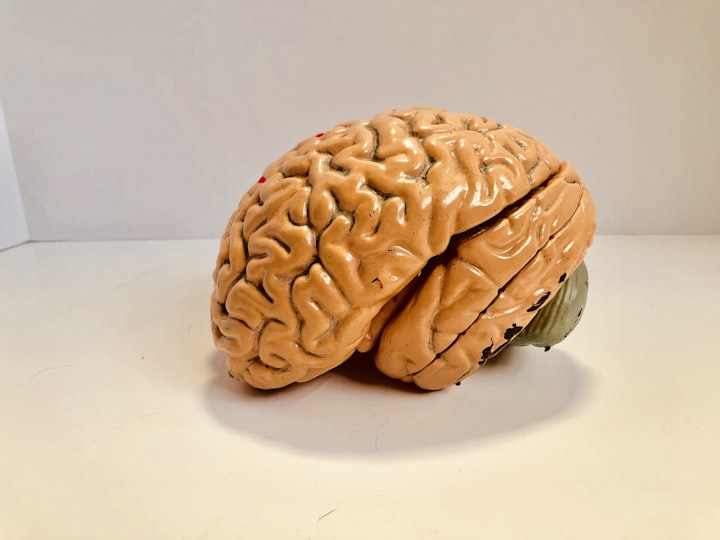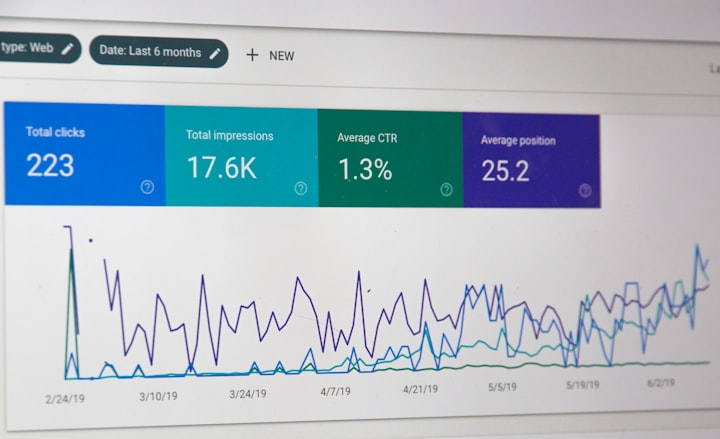Why facts don’t change our minds
The story about mind

There are a number of reasons why facts alone may not be enough to change someone's mind on a particular issue:
1. Confirmation bias: People tend to seek out information that confirms their existing beliefs and ignore information that contradicts them. This means that even when presented with facts that contradict their beliefs, they may discount or dismiss them.
2. Emotions: Our beliefs and attitudes are often tied to our emotions, and facts alone may not be enough to overcome these emotional attachments. For example, someone may believe in a particular conspiracy theory because it makes them feel more in control or less vulnerable to perceived threats.
3. Cognitive dissonance: When faced with information that contradicts their beliefs, people may experience cognitive dissonance, a psychological state of discomfort caused by holding two conflicting beliefs or ideas at the same time. To resolve this discomfort, people may either change their beliefs or discount the conflicting information.
4. Social influence: Our beliefs and attitudes are often influenced by the people around us. If someone's social group or cultural environment supports a particular belief, it may be difficult for them to change their mind even when presented with contrary facts.
5. Lack of trust: If someone doesn't trust the source of the information or the person presenting it, they may be less likely to change their mind even when presented with factual evidence. For example, someone who distrusts the mainstream media may be skeptical of news stories that contradict their beliefs.

Overall, changing someone's mind on a particular issue often requires more than just presenting them with facts. It may involve addressing emotional attachments, cognitive dissonance, social influence, and building trust in the source of information.
Certainly, I can provide more information on this topic.

One important factor that affects how people respond to factual information is their prior beliefs and attitudes. Our beliefs are often deeply ingrained and tied to our identity and sense of self. When we encounter information that challenges our beliefs, it can be uncomfortable and threaten our sense of identity. To avoid this discomfort, we may seek out information that confirms our existing beliefs and ignore or discount information that contradicts them. This phenomenon is known as confirmation bias.

Another factor that affects how people respond to factual information is the emotional valence of the information. People are often more receptive to information that aligns with their emotions and values, and less receptive to information that conflicts with them. For example, someone who strongly identifies with a particular political party may be more receptive to information that supports that party's platform and less receptive to information that contradicts it.

Cognitive dissonance is another important psychological factor that can affect how people respond to factual information. When we encounter information that contradicts our existing beliefs, it can create a state of cognitive dissonance, which is characterized by feelings of discomfort or even distress. To reduce this discomfort, we may either change our beliefs to align with the new information or discount the information altogether.

Social influence is another important factor that affects how people respond to factual information. People are often strongly influenced by the beliefs and attitudes of the people around them, including family members, friends, and colleagues. If someone's social group or cultural environment supports a particular belief, it can be difficult for them to change their mind even when presented with factual evidence.

Finally, trust in the source of information is another important factor that affects how people respond to factual information. If someone doesn't trust the source of the information or the person presenting it, they may be less likely to change their mind even when presented with factual evidence. For example, someone who distrusts the mainstream media may be skeptical of news stories that contradict their beliefs.

Overall, changing someone's mind on a particular issue often requires more than just presenting them with facts. It may involve addressing emotional attachments, cognitive dissonance, social influence, and building trust in the source of information.





Comments
There are no comments for this story
Be the first to respond and start the conversation.